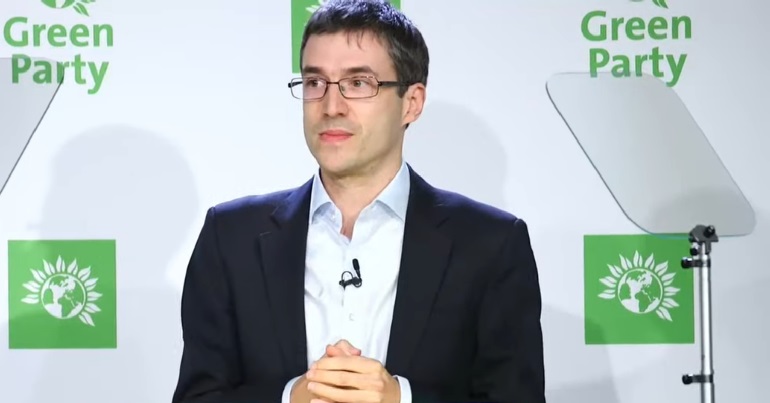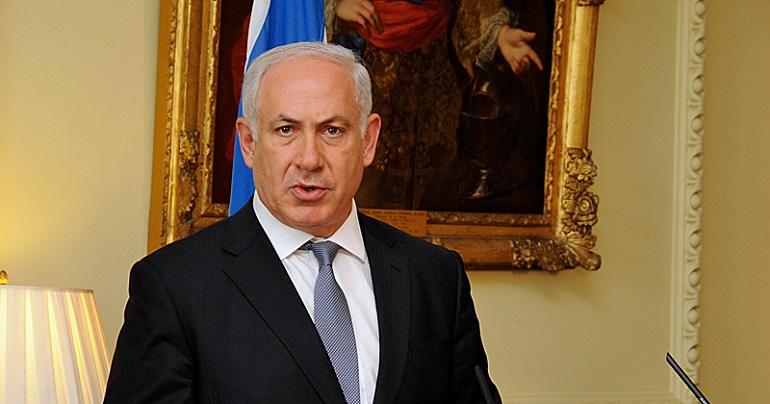Report back from Bright Green Live: Greens and the anti-cuts movement
Yesterday (Saturday), about 30 Young Greens took a break from conference to go and occupy a branch of NatWest in central Cardiff, as part of the international day of action with UK Uncut, US Uncut, Canada Uncut, and others. After entering the bank with signs saying “We won’t pay for their crisis”, sitting down and chanting for a while, the group sat in neat rows and turned the bank into an economics classroom. After a number of lectures on the causes of the economic crisis, and the potential impacts of these cuts, the group left peacefully.
And this all formed a nice background for the Bright Green fringe later in the day – ‘The Green Party and the anti-cuts movement’. Around 50 people crammed into one of the small side rooms at conference for free wine and marco-economics. First up, Murray Worthy of the World Development Movement and UK Uncut kicked us off by outlining the three strands of neo-liberalism – de-regulation, privatisation, and cuts. A useful reminder that we must fight all three of these, he described how financial sector de-regulation had allowed complex derivatives to crash our economy. Moving on to talk about the impacts of the implementation of this neo-liberal shock doctrine on the economy in Argentina in the 1970s – a massive economic crash and 30% unemployment. Moving to the struggle of people in Bolivia against similar privitisations, he told how these social movements had worked to ‘de-privatise society’. Once progressive president Evo Morales came in and demanded that corporations pay the tax that they owe, Bolivia’s international debts were paid off within 2 years. Murray is going to write up his talk for Bright Green, so you can read the whole thing when he does.
Next up, Green Party deputy leader Adrian Ramsay outlined the party’s opposition to all of these policies – cuts, privatisation, and de-regulation. Describing a Green economic vision, he highlighted the need not just to defend public services, but also to build a whole new economy, with long term, stable jobs creating wealth through a number of industries rather imagining that we can rely on a financial sector bubble: “we can’t just return the economy to the state it was in just before Northern Rock collapsed”. Building a new economy, he told us, was also the way out of our debts “people sometimes talk about the post war government building the NHS despite huge debts. That’s not quite right – they built their way out of debt by building the NHS and so an new economy”. He went on to talk about how Green councillors across the country are working to ameliorate the impacts of central government cuts – “as well as fighting the government nationally, we must defend people locally – doing everything we can to save every service we can. Because that is why we got into politics”.
Finally, writer Lisa Ansell kicked off: “if there is anything you don’t want to be with this government, it’s a former social worker single mum.” “That’s what got me back into activism”. Going through the impact of cuts on communities, she reminded us of the true meaning of solidarity. “My neighbour is going to be hit hard by these cuts. He will be battling to save his benefits. But he is a lifelong Tory voter – will you stand with him?” – challenging much of the anti-cuts movement to fight together with people without requiring that they agree with us, she called for an additional tool in the anti-cuts activism box. Like the people of Bolivia, she said, “we need to glue our society back together from the bottom up”. As the government tries to privatise the last corners of the public sector, we need to reclaim public space. We need, she told us, to care for each other. But Lisa too has agreed to write up her talk for Bright Green, so I’ll let you wait to hear it directly from her.
After the three main speakers, comments from the floor included discussions of the struggles people are having in their local anti-cuts groups between working to save some local services and those working only to bring down the government, how local councils can raise funds by issuing bonds, and the broader international failures of neo-liberalism.
All in all, great discussion, and we’ll make sure we organise another one soon.



Leave a Reply